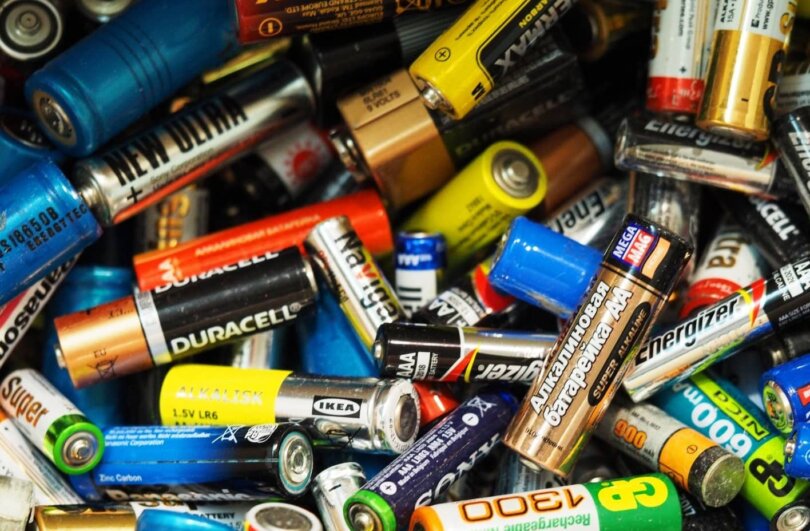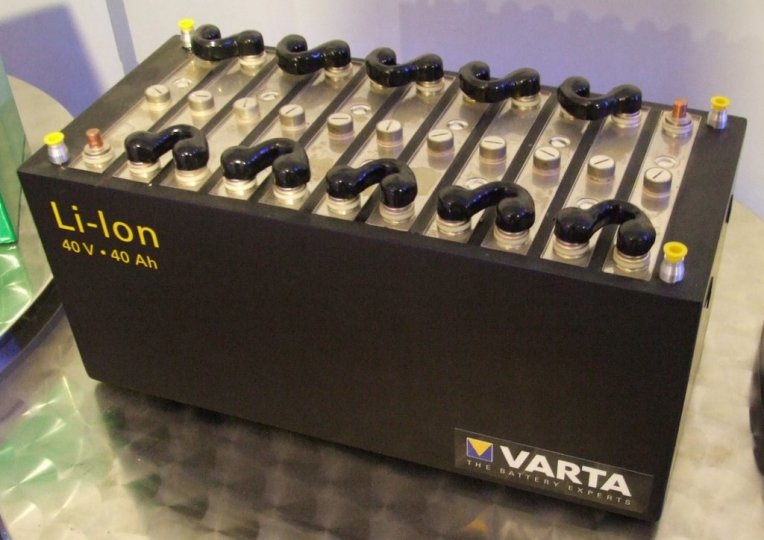When searching for portable power options, it is common to come across two related terms: cell and battery. Although they are often used interchangeably, there are actually important differences between the two.
First, a cell is a device that produces electrical energy from a chemical reaction between two or more substances. It is usually small in size and is used to power portable electronic devices such as watches, flashlights and toys. Batteries are usually disposable and run out of power after a period of use, requiring replacement.
On the other hand, a battery is a device that stores electrical energy and gradually releases it when needed. Batteries are typically larger and heavier than cells and are used to power larger devices, such as cell phones, laptops and electric cars. Unlike cells, batteries are usually rechargeable, which means that they can be used over and over again after recharging.
The life of a cell or battery depends on several factors, such as energy storage capacity, chemical reaction efficiency, or gradual energy discharge. In general, rechargeable batteries have a higher energy storage capacity than disposable cells, which means they can provide power for longer. However, rechargeable batteries also tend to be more expensive and have a shorter service life than disposable cells.
The choice between a cell and a battery depends on the device to be used and personal preference. If power is needed for a small, portable device, a disposable battery may be an appropriate choice. However, if power is needed for a larger device and waste reduction is desired, a rechargeable battery may be a better choice.
In summary, although often used interchangeably, cells and batteries are different devices with different characteristics and uses. Cells are small and disposable, and are used to power portable devices. Batteries are larger and rechargeable, and are used to power larger devices. The choice between a cell and a battery depends on the device and personal preference.



